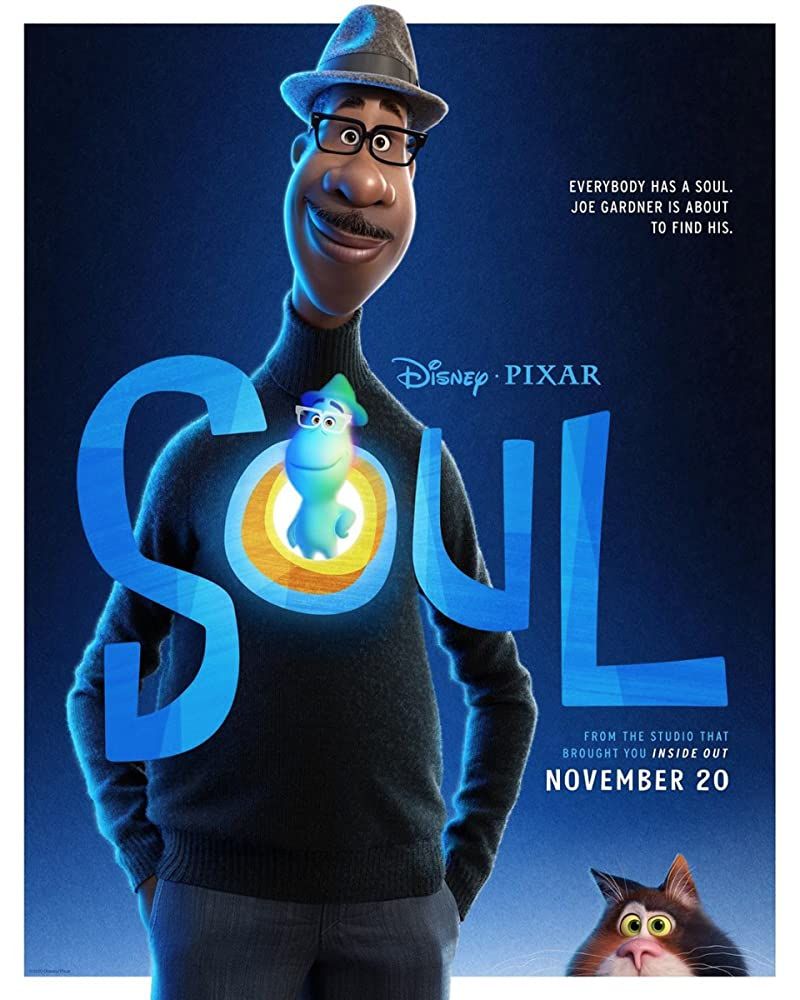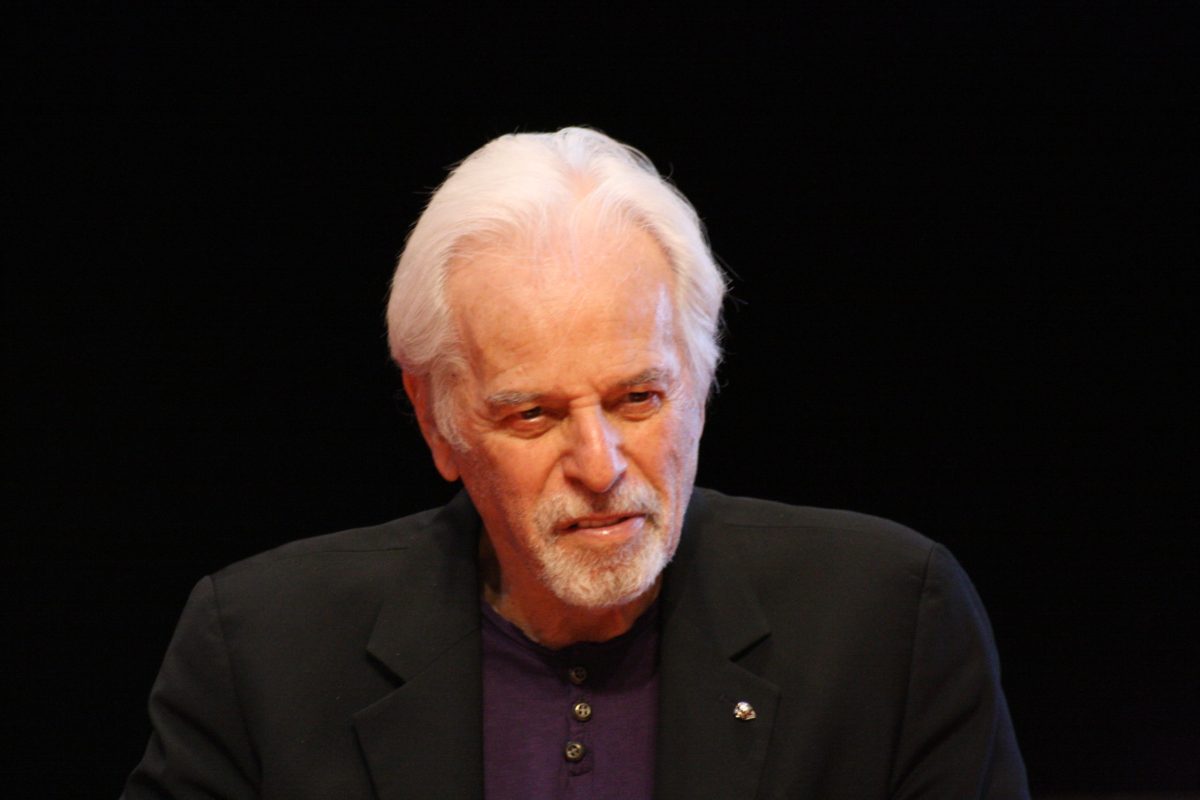Space. Why are we intrigued of your majesty? What adventures can we find and immerse ourselves in while on a journey with the stars and beyond? A small show attempted to answer that question just over fifty years ago featuring a crew aboard a spacecraft called the USS Enterprise. After its original adventure in September of 1966, the crew consisting of Kirk, Spock, McCoy and plenty others, ran for a few seasons, was cancelled, rebirthed due to cult status, given a few motion pictures, was given a darker overtone with Patrick Stewart (Professor X) as the new captain, and was rebooted by JJ Abrams with the original crew in tow (replaced by different actors) and Leonard Nimoy back as Spock. Gene Roddenberry created a series that generated an entire society of ‘Trekkies’ which has allowed people to geek out at conventions, argue their Star Trek knowledge, and then proclaim their level of superiority until a Star Wars fan interrupts and is later ganged up upon and beaten up by the Trekkie population. The show serves as an example that there’s always an adventure for everyone, no matter who or what you are.
The original series was revolutionary for its time. Space travel was becoming a possibility with the launching of rockets towards the great beyond. Star Trek gave answers to what could happen on these voyages through space. Maybe a new creature is discovered that multiplies like Gremlins. Maybe a battle occurs with lizard people (Gorn). The number of adventures that the brave crew could dive into were limitless. Sci-fi concepts were tested (time travel), lives were lost (red shirts mostly), and an entire culture of expression was created (conventions). As a student who hasn’t witnessed the entire series, I lack the ability to give a personal experience that someone who watched it on their first television would (although thanks to new technology it’s possible). I could research each episode of the series, pull out a star map, but all I could personally produce is an analysis of the films I have seen (which only scratch the surface). My dad was around when the series’ first premiered and I would ask about his experience and he would note the campiness, the sense of adventure, and the fun that, he says, has been reinvented with the most recent of films. Although the series is now half a century in age, many of its themes are relevant to our current society of political debacles, social standards, and technological dependability. Those themes are the only way I could personally relate to them because we are experiencing the adventures.
As of now, the series is thriving (even at one movie every 3-4 years). Great actors are in the helm (Pine, Quinto, Saldana, Urban, Pegg), the adventures have begun to strive more in its own universe rather than its previous timeline, and at this point it can only get better. The reboot that began with Abrams ended a 6 year hiatus (starting at Nemesis) for the series and brought new flame to the franchise that is comparable to that of what Star Wars: The Force Awakens (2015) later did to continue the original franchise. It shed light on characters that only received certain character development in literature and went on its own path with advice from someone with lifetimes of experience (Spock 1.0). The most recent film (Star Trek Beyond (2016)) was the first film of the rebooted series to successfully leave Earth and journey as the original series would where trouble would be discovered during their travels which would lead to an investigation, discovery, and a climactic battle between the Enterprise and their foe. Although reboots aren’t the greatest cinematic devices to jump towards, keep in mind that this series is a cultural phenomenon and these films serve as a way to introduce later generations to a series that deserves its recognition as one of the definitive sci-fi franchises of all time. May there be more adventures await the USS Enterprise and its many more voyages to set off towards.































